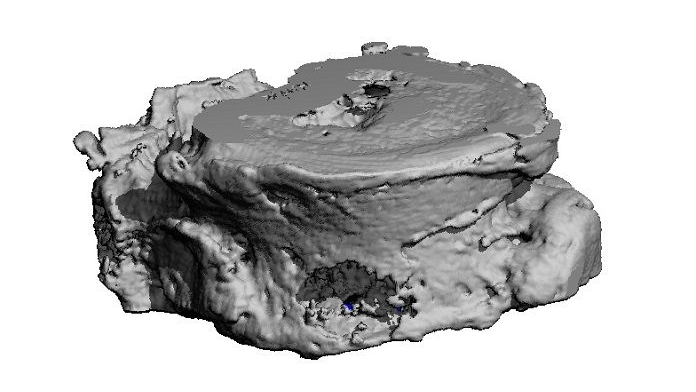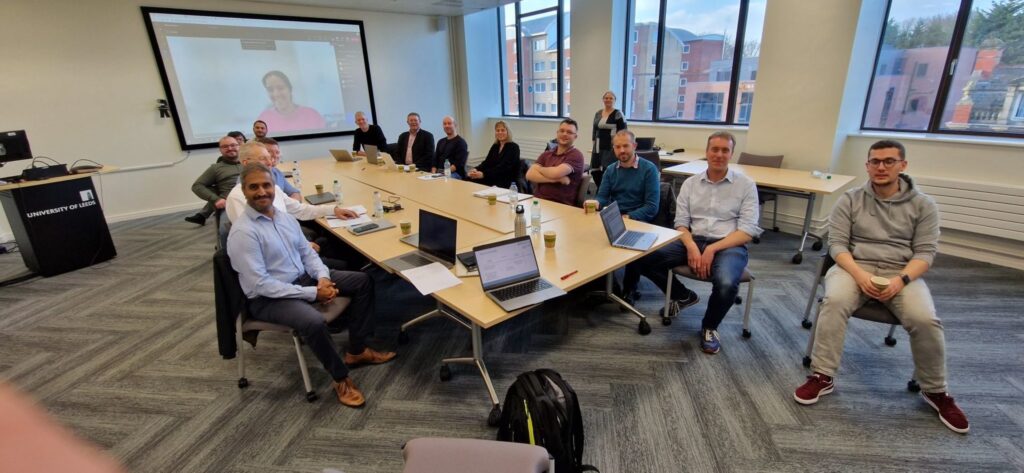Cancer prevalence in the UK is predicted to reach 3.2 million by 2030.
Annually, 55,000 cases of bone cancer are diagnosed in the UK and of these 60% patients will develop metastatic bone disease. Metastases are the primary cause of mortality for many cancers
In the spine metastases can destroy bone in the vertebrae, weakening the structure which can cause spinal cord injury
A new concept in the treatment of bone metastases
OncoEng adopts a patient-centric methodology, forecasting vertebral failures due to tumors to guide treatment decisions.
We employ new methods of computational modeling and imaging to predict whether a vertebrae is at risk of fracture. Furthermore, we are also developing minimally invasive, custom implants to strengthen at-risk vertebrae, minimising recovery time and discomfort.


